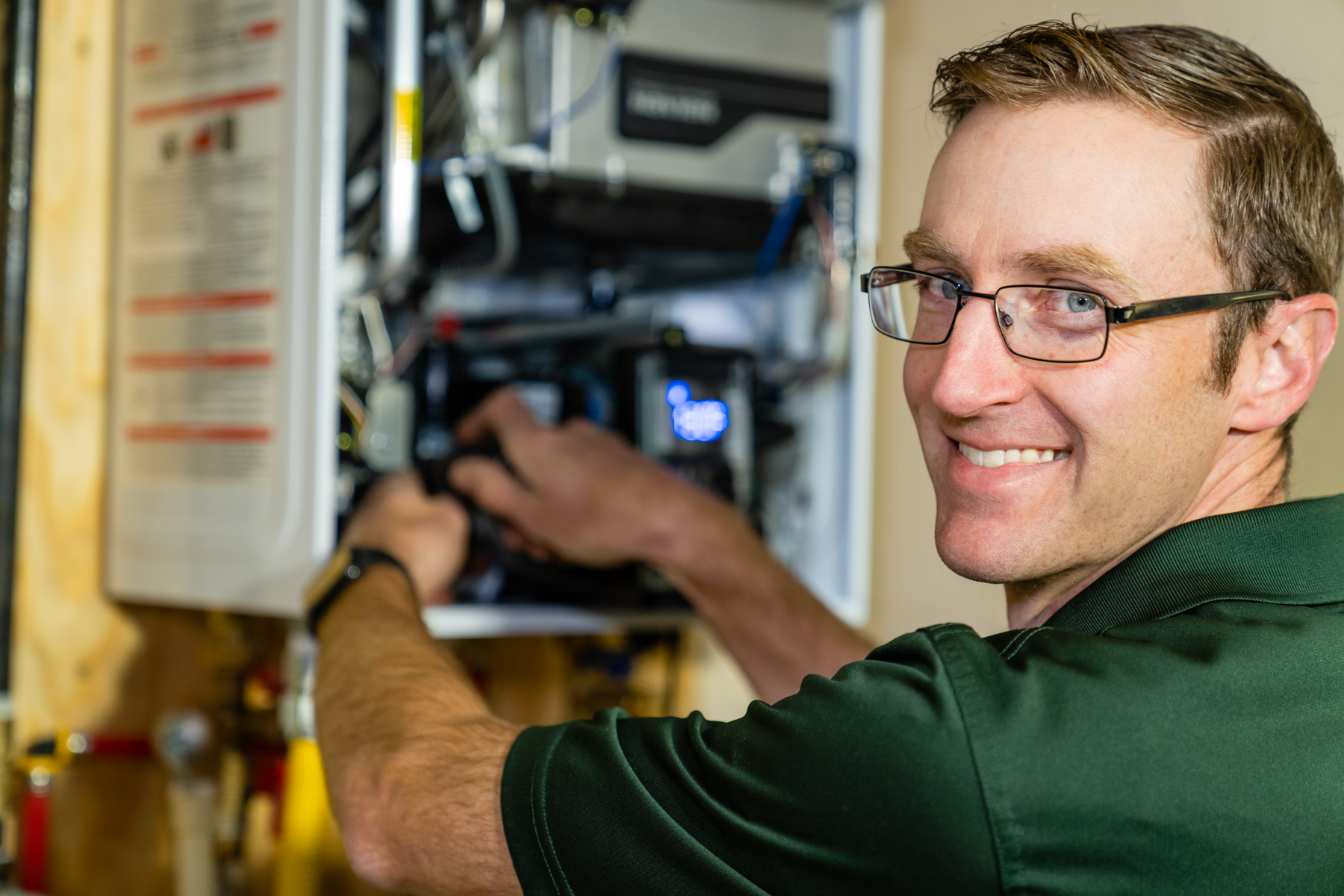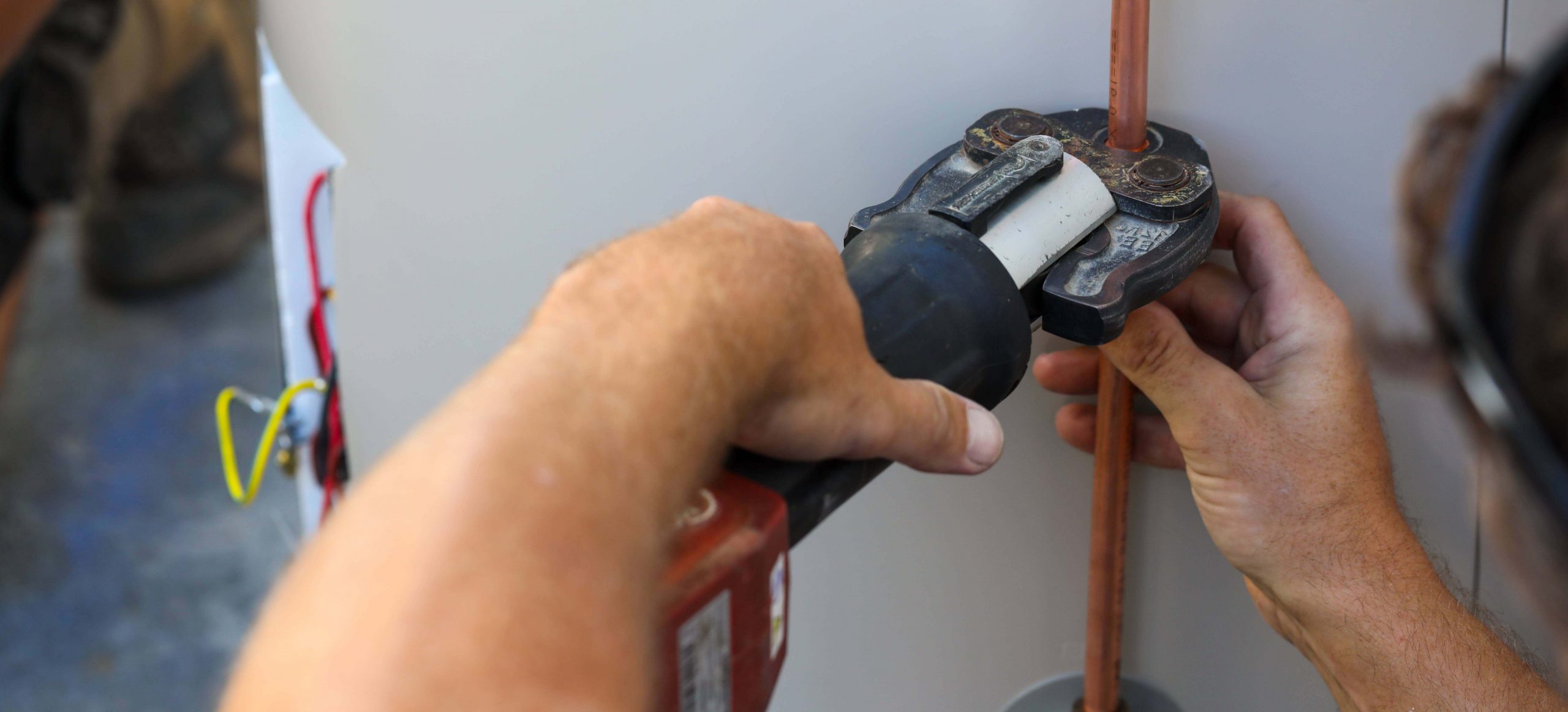Coping with the Chief Water Heater Crisis Events
Coping with the Chief Water Heater Crisis Events
Blog Article
Here in the next paragraph yow will discover more awesome tips all about The Importance of Water Heater Maintenance.

A hot water heater is just one of the most vital fundamental home appliances that can be discovered in a house. With water heaters, you don't need to undergo the stress of home heating water by hand every single time there is a demand to take a bath, wash, or the recipes. However, there is always an opportunity that your water heater would certainly act up as with many mechanical devices.
It is necessary to note any little malfunction and tackle it promptly before things get out of hand. Most times, your water heater begins to malfunction when there is a build-up of debris as a result of continuous use. As a precaution, regular flushing of your hot water heater is recommended to prevent sediment buildup and also protect against useful failing.
Typical water heater emergency situations and just how to take care of them
Leaking hot water heater container.
In this situation, you should turn off your water heating system, enable it to cool down, as well as meticulously look for the resource of the trouble. At times, all you require to do is to tighten a couple of screws or pipe connections in cases of small leakages. If this does not work and also the leak persists, you might need to use the services of a service technician for an ideal substitute.
Fluctuating water temperature level.
Your water heating unit could start producing water of different temperature levels usually ice scalding or cool hot. There could be a need to change either the thermostat or the heating system of your water heater.
Inadequate hot water
It might be that the water heating system can't support the warm water demand for your house. You can update your water heater to one with a bigger capability.
Discolored or stinky water
When this occurs, you require to recognize if the problem is from the water or the storage tank resource. You are certain that it is your water heating system that is defective if there is no amusing smell when you run cool water. The odiferous water can be triggered by corrosion or the buildup of microorganisms or debris in the water heater tank. You can try flushing out your container or replacing the anode if the problem persists when you notice this. The function of the anode is to clear out bacteria from your container. Given that the anode rod substitute calls for a comprehensive expertise of your water heating unit, you will certainly need the aid of an expert.
Verdict
Some house owners overlook little caution and minor faults in their water heater device. This just leads to additional damage and also a feasible total malfunction of your home appliance. You ought to handle your water heater mistakes as quickly as they come near prevent more expenses as well as unneeded emergency difficulties.
With water heaters, you don't need to go with the anxiety of heating water manually every time there is a need to take a bathroom, do the laundry, or the dishes. Your water heater can start generating water of different temperature levels typically ice cool or scalding hot. It might be that the water heater can not support the warm water demand for your home. If there is no amusing smell when you run cool water, then you are specific that it is your water heater that is faulty. The smelly water can be created by rust or the accumulation of germs or debris in the water heating system container.
What’s Wrong With My Water Heater?
Not Enough Hot Water
You probably encounter this problem in the shower or while washing dishes. As you run your water, you’ll notice it starting to cool down. Turning up the hot faucet may not work, or it may only heat the water for a short period. Your hot water probably comes back and works normally one or two hours after you use it up.
If you’ve never had enough hot water, your heater may be too small for your home. If you haven’t had a problem until recently, there’s probably something’s wrong with your heater’s thermostat. Try adjusting it to see if you can feel a difference. Even if the thermostat’s working, the heating element itself could have burnt out. It’s also possible that a clog has restricted water flow into or out of the heater. Luckily, none of these problems are hard to fix, as long as you call them in early.
Water is Too Hot
Unregulated water heaters can make water dangerously hot. You probably have this problem if you’ve been scalded by your hot water. It’s also a likely culprit if you have trouble getting your faucets to produce a comfortable temperature. This problem is easy to fix, but it can also be a serious health hazard if you don’t address it. If you think your water is too hot, don’t doubt yourself; look into it!
Start by finding your heater’s thermostat and mark its position with a pen. Turn the thermostat to a cooler setting. Wait a couple hours to see if the problem is solved. If it isn’t, listen for boiling in the tank and look for water that comes out of the faucet steaming. In those cases, your temperature-pressure relief valve may be malfunctioning. This is a serious problem that can be dangerous, so you should have it looked at right away.
Discolored or Smelly Water
If all your water looks rusty or smells weird, there’s probably a problem with your pipes. If only your hot water looks weird, however, your water heater is probably at fault. Hot water discoloration comes in several varieties. It could look orange or brown-ish, taste rusty, or feel grainy. It could also look yellow or green-ish and taste gross or feel slimy. Either way, it’s a sign that there’s something wrong with your water heater’s tank.
Usually, hot water discoloration means sediment has built up in your tank. Sediment is made up of hardened minerals that accumulate on the inside of the water heater’s walls. When enough sediment builds up, it causes all kinds of problems–including your discolored water. Try flushing your water heater tank to clean out built up sediment. If the water still tastes rusty, your tank’s rust-preventing anode rod may have worn out. A pro can replace an anode rod easily, but without one, your tank could rust beyond repair relatively quickly.
Leaking
Water heaters can leak from several different places, and each leak means something different. If the leak is coming from a pipe above the heater, it’s possible the tank itself hasn’t been compromised. The cold inlet, hot outlet, and T&P pipes could all leak from above. Try tightening the problematic valve. If that doesn’t work, then the valve or pipe will have to be replaced.
If the leak is coming from the bottom of the tank, it’s important to determine exactly where it is. The leak could be coming out of the drain valve or your T&P valve below the tank. You can replace those valves and preserve the tank itself. If you notice the water tank itself leaking, however, that probably means it’s corroded beyond the point-of-no-return. Leaking water heaters are a big deal, so you should get yours replaced ASAP.
https://www.punctualplumberdallas.com/blog/whats-wrong-water-heater/

Do you appreciate reading up on Is Your Water Heater Leaking?? Place a comment down below. We'd be interested to see your views about this write up. We hope that you visit us again later on. Enjoyed our content? Please share it. Help somebody else discover it. I praise you for your time. Please come visit our blog back soon.
Urgent plumbing needs? Seek professionals. Report this page